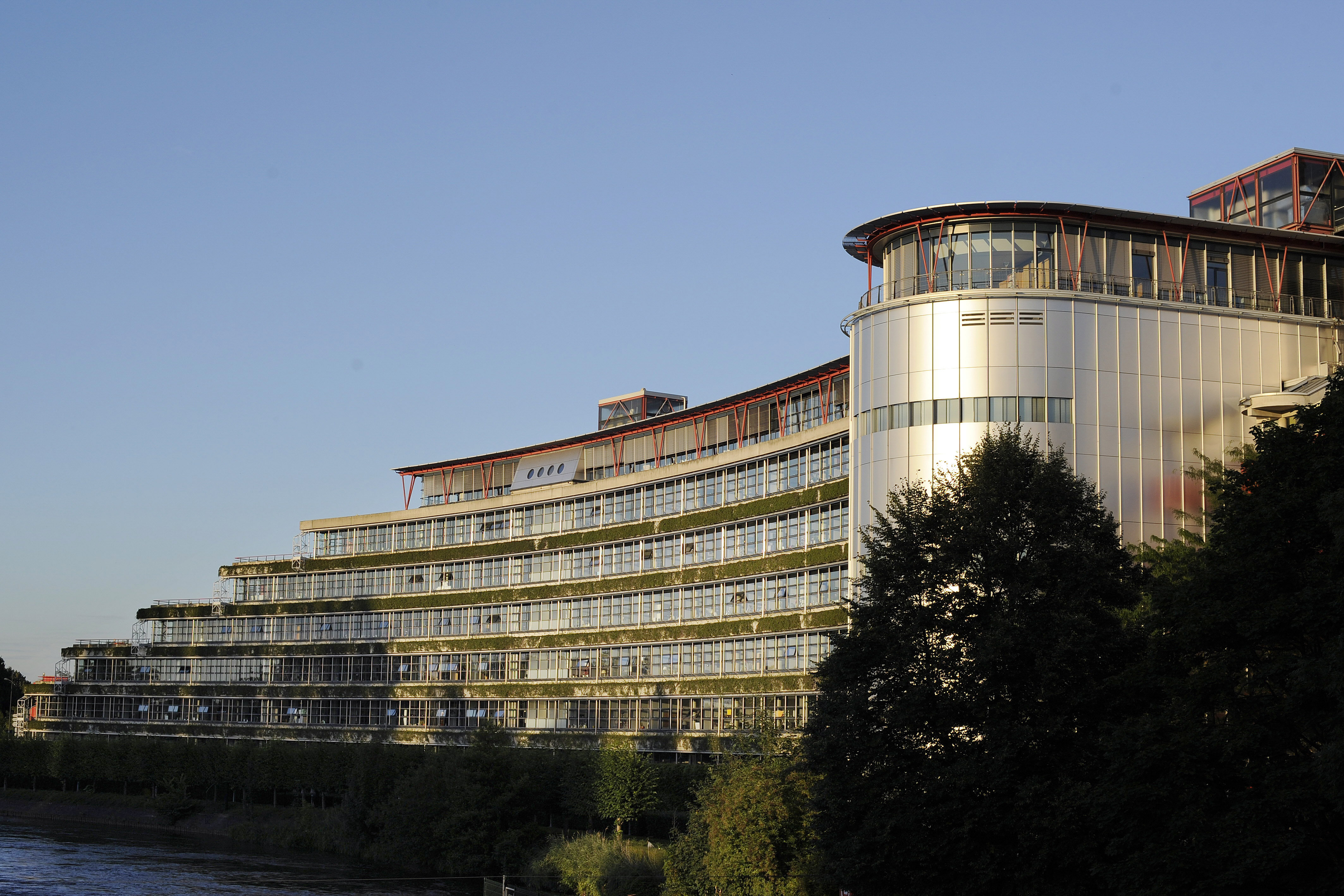MOSCOW, June 20 (RAPSI) – The European Court of Human Rights (ECHR) has ruled that Russian authorities have violated right to freedom of expression and discriminated gay right activists by adopting a law banning propaganda of non‑traditional sexual relations aimed at minors, the court’s documents read on Tuesday.
Applicants in the case opposed the law and actions of Russian authorities on several grounds. First, they claimed that the law was inherently discriminatory and reinforcing implication that homosexuality is fundamentally immoral. Second, they noted that the law prohibited any mention of homosexuality in presence of minors, irrespective of the content of the message. Third, they affirmed that state had no justification to restrict their right to protest the law.
Russian authorities, in turn, claimed that while prohibition of demonstration in favor of homosexuality indeed restricted freedom of speech, it was implemented in accordance to the law and was necessary for the protection of health, morals and rights of others.
According to the authorities, the applicants were not just informing society about homosexuality but were trying to influence the minors by encroaching on their moral and spiritual development, placing psychological pressure on children by claiming that homosexuality is natural and normal. The authorities specifically noted that the applicants specifically chose to target their propaganda at children and not adults even thought they had opportunity to protest the law in more appropriate ways.
The law in question was signed on July 1, 2013, introducing administrative liability with fines of up to 1 million rubles (about $17,000 at current rate) for promoting non-traditional sexual relationships among children, particularly via the media, the Internet, and viral advertising. The promotion of homosexuality is defined as the proliferation of information aimed at fostering unconventional sexual concepts in children, describing homosexual relations as attractive, creating a distorted idea of conventional relations between sexes being of the same social value as homosexual relations, and imposing information on children that sparks an interest in homosexual relations.
In its judgement, ECHR noted that “there is a clear European consensus” recognizing right of an individual to openly identify as homosexual or any other sexual minority as well as right to promote their own rights and freedom. According to the Court there is no justification in claim that public discourse on LGBT issues should be regulated on moral grounds and argued, in particular, that rights of a minority group are not conditional on its acceptance by the majority. In similar fashion, ECHR dismissed the argument about alleged risks to public health and demography. Finally, the court noted that “the Convention [the Convention of Human Rights - ed.] does not guarantee the right not to be confronted with opinions that are opposed to one’s own convictions”, dismissing Russian authorities’ argument that the law protects the rights of others.
The Court ruled that Russia violated Article 10 (Freedom of expression) and Article 14 (Prohibition of discrimination) and ruled to compensate the applicants with about €50,000 in pecuniary and non-pecuniary damages as well as legal costs.
However, it is notable that the court’s ruling was not unanimous with judge Dmitry Dedov issuing a dissenting opinion on the matter. The judge noted that the Court failed to take into account the protection of public morals, public health and the rights of others. According to Dedov, the case is not about whether the majority should accept that homosexuality is normal but about integral problem of freedom of expression. Judge Dedov is of an opinion that there is also a conflict between different forms of self-identification of a person, an issue that can never be agreed upon.
The judge says that “until now, the Council of Europe “favoured unrestricted public recognition of non-traditional sexual relations, even in sensitive areas such as the vulnerability of a particular group of persons (children) owing to their immaturity, the religious and philosophical convictions of their parents (on how the family should be organised), the national traditions and values including maternity, the national demographic policy and the sensitivity of sexuality education.”



